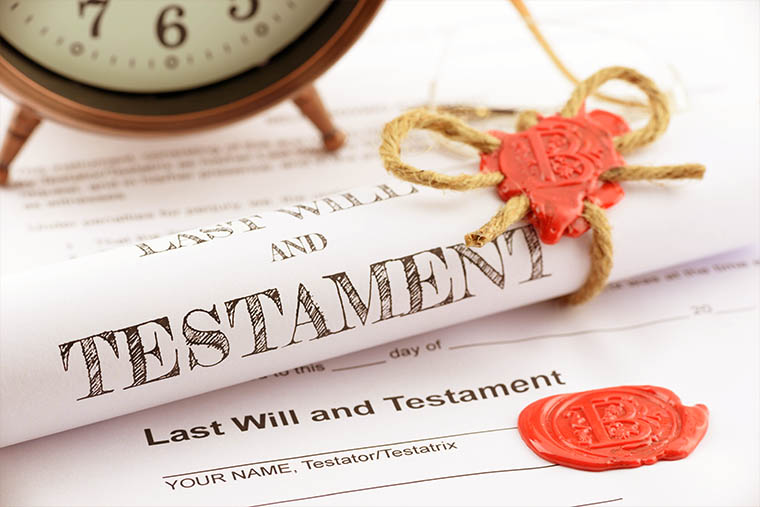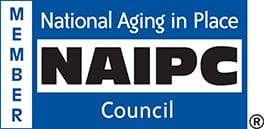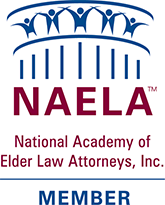Avoiding Probate is an all too familiar goal. But what does it mean? After the death of a loved one, whatever that person owned needs a new owner. Many assets automatically go to those who share bank accounts (as a joint owner; payable on death; transfer on death); life insurance (as a beneficiary); or retirement accounts (as a beneficiary). Assets that pass in this manner to a new owner are considered to transfer “outside of Probate.” These assets are not subject to a Probate Administration.


Assets that do not name a new owner or for which the beneficiary designation is not valid, must go through Probate Court. The Probate process follows the deceased’s Will, if any, to determine how to distribute those assets.
What is someone doesn’t have a Will? Individuals without a Will are subject to the law of intestacy which determines their legal heir or heirs. (This may even be a distant cousin!) Drafting a Will gives control over how to distribute assets.


In Massachusetts, administering a Probate estate need not be long and cumbersome. An estate goes through the Probate Court in one of three ways: quick and inexpensive (a Voluntary Administration): a little more involved, especially if real estate is at issue (Informal Administration); or more time-consuming and contested (Formal Administration). In each, an individual known as a Personal Representative - formerly called an Executor or Executrix - is responsible for the estate and signs documents filed with the Court. The Personal Representative locates all assets and determines which are subject to Probate administration and which are not.



